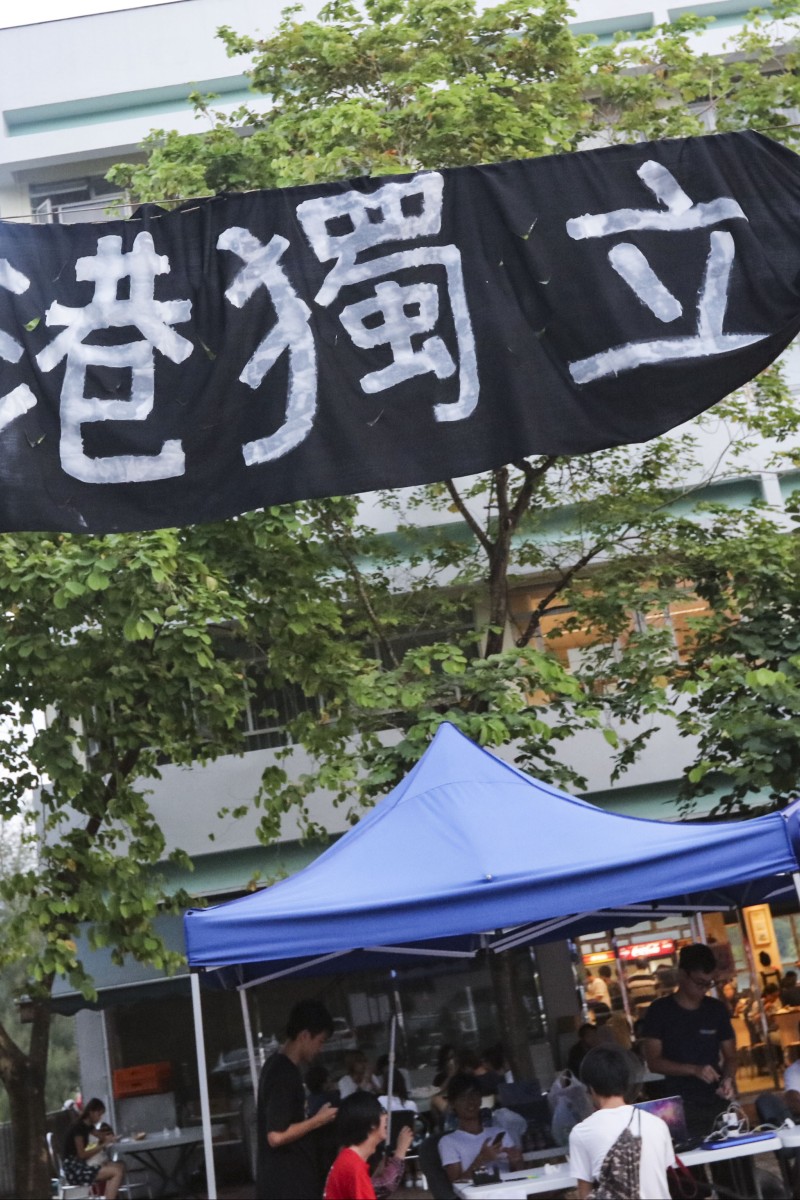
Letters from the Dorm: Realising the value of finding your voice and activism at university
University offers platform to speak about topics that students are passionate about and gives them the freedom to act
 Universities are places where debates can be intensely political, particularly in Hong Kong right now.
Universities are places where debates can be intensely political, particularly in Hong Kong right now.I have always been passionate about issues connected with environmental conservation and development. It was not until I began university that I discovered a whole new platform on which these issues were discussed, challenged, and acted upon through student activism.
Back in secondary school, I had organised fundraising events and school-wide activities that raised awareness about problems such as plastic pollution. Sure, this made a difference, but it wasn’t necessarily activism in the sense that the institutional problems behind these issues were not being challenged.
Green teen Greta Thunberg demands change at COP24 climate talks
I always operated in spaces where I felt comfortable, where views were generally shared. Whenever I promoted certain causes, a part of me worried if what I was saying was too contentious. At university, however, attending meetings, talks, and rallies immersed me in exchanges that were intensely political, changing the way I understood certain crucial issues such as divestment (taking money away) from fossil fuel companies and “decolonisation” of the curriculum. I left these meetings with a greater understanding of the way injustice can manifest itself, but also excited about the collective determination to change the status quo.
Nonetheless, in a campus where intellectuals will not hesitate to question viewpoints, and challenge the structural processes of actions, it is undoubtedly daunting to be part of such movements. I had my initial reservations about actions being too extreme. Examples from back home in Hong Kong surrounding democracy and student activism came to mind. But it was at Cambridge, in the very student societies that offer a platform to discuss complex themes such as carbon emissions, responsibility, and divestment, that I realised the power of choice. I had the freedom to decide how involved I wanted to be. This freedom meant that I could benefit from understanding debates about these issues and contribute my own views about how I felt the movement could progress.
Whether it was discussing sustainable development in classes or encouraging others to join meetings about environmental initiatives, I found myself slowly but surely gaining the courage to speak about issues that I care about. I became more critical about the politics submerged beneath the stark environmental issues facing the world, and more reflective about how we can learn from past campaigns to create new ones.
Ultimately, it was, and still is, a continuous process of empowerment and rediscovery. It doesn’t matter how you do it, as long as you use your voice to speak up for issues you care passionately about.